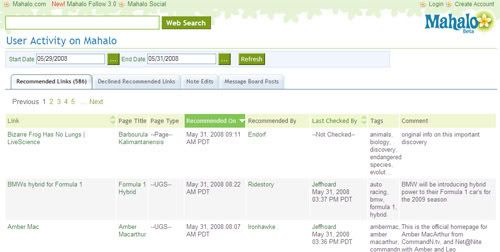Much has already been written about Digg - and two of the best pieces currently sit atop Techmeme. MG's "Requiem for a Digg" and Om's "In Memoriam: Even in losing, how Digg won." I encourage you to read both as Digg has been important - dare I say instrumental? - in how we think about aspects of tech, news, news feeds, gamification, community, algorithmic aggregation, etc. Digg can - and hopefully will - remain important. As MG wrote, "it’s hard to imagine a better steward than Betaworks to try to make that happen."
I wanted to also touch upon two themes related to Digg:
Most importantly, Digg is a fascinating paradox between aggregation and personalization. I have had blog posts hit the front page of Digg and received 75,000+ unique visits within the sixty-minutes (if my memory serves me correctly). That's a staggering amount of traffic and really, for non-major media sources, not available anywhere else. That amount of traffic and immediacy could only really occur from an aggregated, one-for-all feed (by the way, Digg's impact on the 'newsfeed' as we know it is very under appreciated). That one-for-all feed made:
- Digg such a valuable source of traffic - gave power users such power and authority - and made Digg's homepage a newspaper / Techmeme-like hub
The paradox of course is that consumers want personalization (Facebook's feed and the focus on Edgerank are an example of personalization effectively working) - but this weakens the power of the publishers and therefor the traffic generation to the top destinations. Tough to balance.
Secondly, there is a fascinating article on Slate about the imbalance of Wikipedia's power-users and what it means for content (creation, publishing, traffic): "How Kate Middleton's Wedding Gown Demonstrates Wikipedia's Woman Problem." I encourage you to also read that as it has timely parallels to Digg and its community.
Both themes are of course related: there is a difference between publishing and consuming. For those complaining that Kate Middleton's gown is not worthy of a Wikipedia entry, they don't have to read (or append) the entry. Some of that is personal choice and some of that can be affected by personalization.




